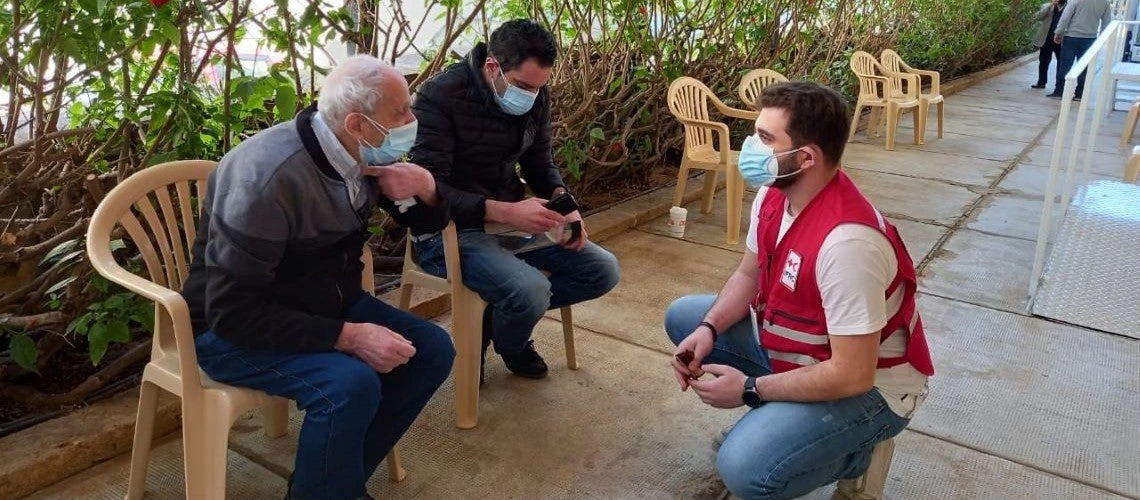When the World Bank published its Human Capital Index in October 2018, Vietnam ranked 48th out of 157 countries. In education, Vietnam ranked 27th in terms of harmonized learning outcomes, higher even than the regional average. This is quite an achievement for a country of its income and level of development. In fact, our calculations showed that Vietnam’s standings improved in recent years and that educational attainment and achievement remain high. In Vietnam, as in other countries, investing in education remains a profitable activity for families and society.
What are the returns on investment to education in Vietnam?
Education is central to the long-term development of human capital and to economic growth. It empowers people and strengthens nations, while also providing individuals with the skills they need to compete in today’s global economy, where a high-quality education is critical for creating, applying and disseminating knowledge.
Last year, at the World Bank we calculated the rate of return to education and found a 9 percent average individual return for one extra year of schooling globally. In fact, every dollar invested in a one-year increase in the mean years of schooling generates more than $5 in additional gross earnings in low-income countries and $2.50 in lower-middle income countries.
Globally, the private returns to higher education are now considerably higher than the returns to primary schooling. On average, the returns to tertiary education are 17%, compared to 10% for primary education. While the returns to an additional year of schooling tend to decline as the level of schooling rises, the returns have declined modestly in past decades, despite rising average years of schooling. This suggests that global demand for quality skills has kept the returns to schooling high.
Vietnam has made significant progress in education in terms of access and quality, with impressive levels of student learning. But as a recent review of the evidence found, the country—and the world more generally—now needs higher education systems that better meet the demands for highly-skilled employees.


What is the way forward for Vietnam?
As the demand for skills continues to rise, investments to rapidly expand quality for both secondary and higher education will be critical to accommodate the rising demand. Indeed, policymakers need to increase resources that improve upper secondary schooling and university-level education, so that the country’s education success extends beyond the basic level. Given the high returns to education in Vietnam and globally, increasing education spending – for families and society more broadly– makes economic sense.
Additional research into appropriate levels of cost-recovery and financing mechanisms—as well as research on the returns to education quality at the secondary and tertiary level— are therefore needed to help guide smarter investments. Equipped with more recent data and analysis, policymakers can steer the country towards excellence at all levels of education, and in doing so, help prepare the country’s young people for the jobs of tomorrow.





Join the Conversation